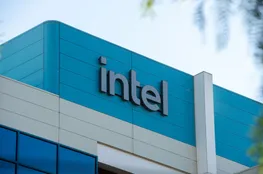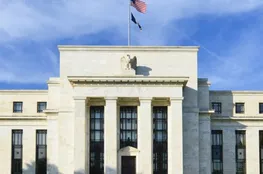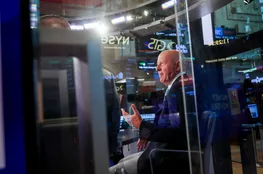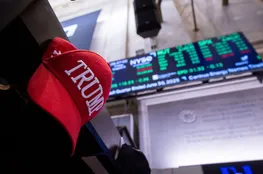The market experienced a tumultuous start to September, a historically challenging month for Wall Street. Concerns over economic growth and apprehension ahead of the presidential debate and the Federal Reserve's policy meeting contributed to the downturn. The S&P 500 fell by over 4%, its worst weekly performance in a year, while the Nasdaq plummeted more than 5.5%, and the Dow Jones Industrial Average dropped roughly 3%. Notably, Broadcom's 10% decline following its earnings report exacerbated the sell-off, despite the chipmaker beating quarterly expectations.
However, Broadcom's guidance fell short, leading to a sharp drop in its stock. This trend has been common this earnings season, and we believe the stock's decline presents a buying opportunity. Adding to the market's woes, the government released softer monthly job data. Nonfarm payrolls for August increased by 142,000, well below the expected 161,000, while the unemployment rate decreased to 4.2% as anticipated. Wages saw a slightly higher uptick than expected, rising 3.8% year over year. This employment report has raised concerns about the anticipated soft landing for the economy.
However, we remain optimistic, and Jim Cramer questioned why big tech stocks, which are less correlated with the economy, are facing the brunt of the selling. He also noted that weak numbers like the nonfarm payrolls report may justify the Federal Reserve cutting interest rates. The market anticipates 125 basis points of Fed rate cuts across the remaining policy meetings this year, beginning with a 25-basis-point reduction at the September 17-18 gathering. The Fed will also convene on October 31-November 1 and December 12-13.
Next week, investors will focus on two key inflation reports, some remaining earnings announcements, and the upcoming debate between Democrat Kamala Harris and Republican Donald Trump ahead of the November presidential election. The August Consumer Price Index (CPI) will be released on Wednesday, followed by the Producer Price Index (PPI) on Thursday. The CPI, which measures consumer prices at the point of sale, is crucial for the Fed's interest rate policy. Economists expect a 2.6% year-over-year increase for headline CPI and a 3.2% increase at the core level, excluding food and energy prices.
Shelter costs, a significant and sticky component of the CPI, remain a critical area for the Fed. Economists predict a 1.7% year-over-year increase for headline PPI and a 2.4% rise in the core rate. While the Fed is more concerned with consumer prices, the PPI is essential as it tracks production costs, which influence selling prices and profit margins. Inflation-weary consumers have only recently seen prices moderate and may struggle with another round of increases. Consumer resilience is vital, as private consumption drives two-thirds of the nation's economy.
On the earnings front, significant reports come from Oracle (post-market on Monday), Signet Jewelers and Kroger (pre-market on Thursday), and Adobe (post-market on Thursday). Oracle's report will provide insights into data center spending and AI infrastructure demand, while Signet's results will shed light on consumer discretionary spending. Kroger's earnings will offer information on food costs, and Adobe's report will highlight demand for generative AI products.
The debate between Vice President Harris and former President Trump, hosted by ABC News, will take place at the National Constitution Center in Philadelphia on Tuesday. It marks the first head-to-head debate between the two candidates, with emerging economic plans including capital gains taxes and corporate tax rates. According to recent polls, Harris holds a slight lead over Trump.
In summary, the week ahead features critical economic data releases, significant earnings reports, and a high-stakes political debate. Investors should closely monitor these developments to navigate the turbulent market landscape.
























